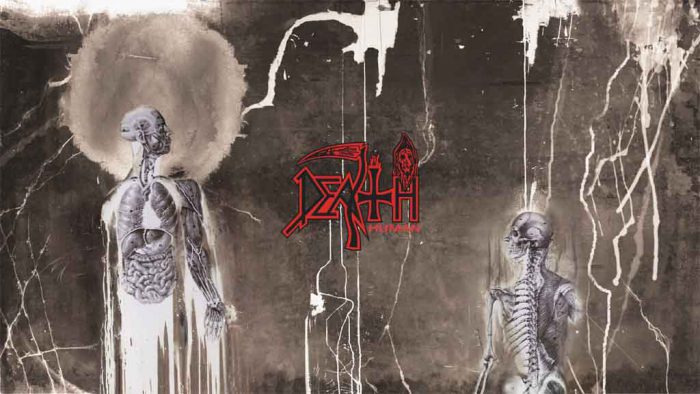A trio of Australian PhD researchers recently shared the results of an ambitious case study on death metal listeners. The project, titled “Who Enjoys Listening to Violent Music and Why?” (Thompson et al., 2018), aimed to determine if there were personality differences in fans who enjoyed death metal and if lyrical content that involved inducing harm or death to individuals had any effect on the listener’s experience. Examined were possible differences in emotional stimuli between death metal fans and non fans, genders, and participants who either were or weren’t given a lyric sheet. The publication indicates findings similar to earlier studies that measured emotional reaction of music and personality bias as stated:
20 CommentsThese findings are consistent with evidence that personality mediates preferences for music (Rentfrow & Gosling, 2003; Vuoskoski & Eerola, 2011a, 2011b) and that, conversely, music preferences communicate information about one’s personality (Rentfrow & Gosling, 2006). Rentfrow and Gosling (2003) examined the structure of music preferences, as well as the association between personality and music preferences. They used exploratory and confirmatory factor analysis to reveal that music preferences revolved around four major types of music: Reflective and complex (classical, jazz, blues); intense and rebellious (alternative, rock, heavy metal), upbeat and conventional (country, pop, religious), and energetic and rhythmic (hip-hop, rap, soul, funk, electronic, dance). Preferences were also dependent on personality variables. For example, people who preferred intense and rebellious music – including heavy metal – tended to be open to new experiences, considered themselves to be intelligent and athletic, and showed no signs of neuroticism or disagreeableness.
Tags: cannibal corpse, clinical research, cryptopsy, death metal, emotion, empathy, entombed, hellhammer, intelligence, morbid angel, music, psychology, Researchgate, William Forde Thompson



